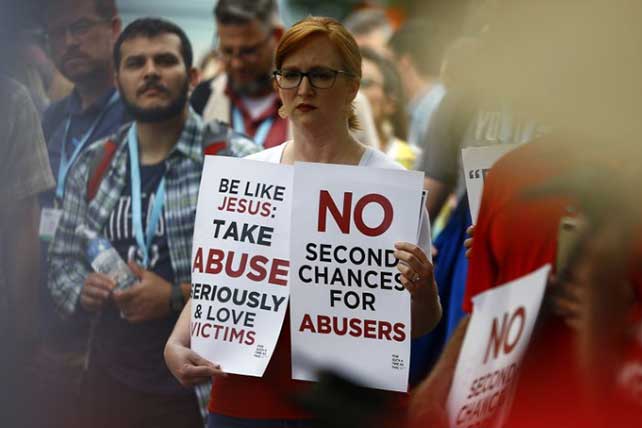Get outside help
Faith communities are known for being close-knit, which makes avoiding conflicts of interest difficult, if not impossible, when it comes to holding offenders accountable. That’s why many experts recommend hiring outside groups to hold trainings, develop protocols and steer abuse investigations.
“They don’t have any investment in the church looking good or their leaders looking good,” Pooler said about hiring groups such as GRACE (Godly Response to Abuse in the Christian Environment) or other third-party organizations that investigate abuse allegations. These organizations, he said, are committed to laying out the facts so faith groups can make informed decisions. Groups that are trauma-informed can also ensure that gathering testimony from survivors doesn’t cause additional harm.
David Pooler. (Courtesy photo)
Rashid recommended that faith communities create a budget line for hiring outside groups who focus on addressing sexual abuse. Rather than offering quick fixes, she said, such groups are designed to help faith communities unlearn biases, recognize power dynamics and adopt long-term solutions at individual, communal and institutional levels that prioritize the safety of all community members.
“What we want to see with policies is pushing for a culture shift,” she said, “not a Band-Aid fix.”
This article originally appeared here.


